Suppose we have the following C annotated code:
#define L 3
int a[L] = {0};
/*@ requires \valid(a+(0..(L - 1)));
ensures \forall int j; 0 <= j < L ==> (a[j] == j); */
int main() {
int i = 0;
/*@ loop assigns i, a[0..(i-1)];
loop invariant inv1: 0 <= i <= L;
loop invariant inv2:
\forall int k; 0 <= k < i ==> a[k] == k;
*/
while (i < L) {
a[i] = i;
i++;
}
/*@ assert final_progress:
\forall int k; 0 < k < L ==> a[k] == a[k-1] + 1;
assert final_c:
a[2] == a[1] - 1; */
return 0;
}
Why Alt-Ergo/Z3 yields "unknown" or timeouts for final_c assertion despite the fact that final_progress statement was proven? I would definitely like to see "Not valid" for such obviously (from user point of view) invalid statements.
$ frama-c -wp -wp-rte -wp-prover z3 test2.c
..
[wp] [z3] Goal typed_main_assert_final_c : Unknown (455ms)
$ frama-c -wp -wp-rte -wp-prover alt-ergo test2.c
..
[wp] [Alt-Ergo] Goal typed_main_assert_final_c : Timeout
 — No proof attempted.
— No proof attempted. — The property has not been validated.
— The property has not been validated. — The property is valid but has dependencies.
— The property is valid but has dependencies. — The property and all its dependencies are fully valid.
— The property and all its dependencies are fully valid.